‘Un caffe con panna montata‘, I ordered in my faltering Italian.
‘They are just whipping the cream in the kitchen’, the girl behind the counter replied. ‘Take a seat and I will bring it to you as soon as it is ready.’
I was at my local coffee shop here in Vicenza, Northern Italy, indulging in a morning ritual of coffee with whipped cream and a brioche for breakfast.
I sat at an outside table flanked by a flower bed and facing one of the busier roads in town. Cars and buses trundled past and a steady stream of locals passed by on their way to work or the shops. I was nibbling on my brioche and watching a pair of old ladies – one holding on to the arm of the other, both walking gingerly on the pavement.
I was deep in thought as to how incredibly well presented Italian women are in their third age, when my coffee appeared – all white cup on a small silver tray. It was preceded by the most wondrous aroma – intense and re-energising, both opening up the senses and brain-powering. It was giving me a kick even before I had taken my very first sip.
The coffee had a beautiful thick crema – the type of which makes any real coffee lover tear up with joy. A big and beautiful dollop of freshly whipped cream floated, half-submerged, in it.
I helped myself to a spoonful of the cream and then watched the rest of it melt slowly in the coffee. The hot liquid absorbed the creaminess and my first sip was…
Can I say ‘divine’?!
You think it’s too much?!
I’ll settle for ‘perfect’ then.
Having grown in Bulgaria, where coffee and regular coffee-taking are held in high regard, I remember my first days after moving to London back in December 2000.
I was looking for a coffee house to have a cup of coffee and thus reclaim a little moment of familiarity in that huge grey city where I knew nothing and no-one. At that time they didn’t seem to have those little cosy coffee places I was so used to and where, back home in Bulgaria at least, you could spend hours with your friends just milling over events, gossip and the news of the day whilst slowly taking a small cup of coffee usually accompanied by a bottle of Coke (yes, I know, double portion of caffeine! What’s not to like?!).
Instead, I noticed people in the British capital popping in and out of the branches of large coffee multinationals, where they would grab a huge cup of something called coffee and which, in fact, was milk christened with a drop of the good brown stuff and then (often) sugarised with flavoured syrups and covered with lashings of cream from a spray.
When I asked for a double black espresso at the till, I felt particularly hardcore, and then to my surprise I was served it in a cup which looked as big as the tea cups back home.
That day I learnt two things:
a) they seemed to be afraid of coffee in England, hence they would dilute it and mask it with lots and lots of milk; and
b) they also retailed coffee according to the ‘size matters’ marketing postulate. In other words, getting your coffee-based drink in a cup as big as a toddler’s head seemed to justify its incredibly high price.
Yes, at that time, I was used to paying about 30 stotinki (historically, less than 10 pence) for a strong espresso in Varna – my hometown. The first time that I was asked to pay 1.50 British pounds for a double espresso with whipped cream in London (at that time around 4 Bulgarian leva), I almost balked.
Still, in the 14 years that I spent living in England, three things happened:
1. Suddenly there was something akin to a coffee revolution in London and everywhere you looked they started opening small independent coffee boutiques, where much attention was given to blend, quality and brew. You could taste the best coffees from all over the world, even the fabled civet one (also known as kopi luwak), which is made of partially digested coffee cherries which had been ingested and then expelled the natural way by cute little mammals called palm civets. I think at one point in London a cup of this elixir would knock you back 50 pounds or so. I admit I never gave it a try and, in all honesty, the price was not what stopped me.
2. I absorbed some of the local culture, got used to coffee in large portions and, along the way, I sort of lost respect for coffee and its properties. I started drinking coffee more and more, quickly graduating from a couple of tiny espressos a day to several large mugs of instant black coffee from early morning until late afternoon. At least, I am happy to report that I never adopted one specific English habit which is to prepare your instant coffee in the microwave. I always boiled myself a fresh kettle, but (on the other hand) having so much coffee (especially coupled with a highly stressful job) led to me being highly strung for many years in a row.
3. Large coffee multinationals penetrated the market in Bulgaria. Hence coffee in super large cups costing an arm and leg somehow became the norm there, too.
So, for many years I was sort of half-devoted, half-addicted to coffee. I was unwilling to see a day of stressful work without a comforting warm cup of it next to my computer screen.
That was until I started trying for a family and not succeeding for, what it felt like, a very long time. It was a devastating thought.
I had to face up to different aspects of my life and how I was slowly poisoning myself with too much work-related stress, food and caffeine. Slowly and very scared all the while, I started to peel off the different layers that had held me cocooned for so long. First I joined a hardcore dieting club, then I exchanged my job for a much mellower one.
Halfway through I stopped drinking coffee, too.
How? And why?
I actually read in a book that caffeine zips fertility and that was that. I remember reading this and spending a very long time just staring at the page and thinking: ‘Oh, my God! What am I doing to myself with all that coffee that I drink?!’
Then and there I decided to stop coffee completely for two weeks and see what would happen. The intention was to see how I felt and once the trial period was over, if I wanted a coffee, to have it (no problem) as long as it was in a coffee shop and not an instant one at home.
The two weeks flew by. Then I extended them to a month and then I simply moved on from coffee and that was that.
Surprisingly, I didn’t miss coffee. I missed the habit of having a cup with a warm drink at all times by my computer. So, I made the transition to tea, which initially I would brew so strong that it would give me a kick every time I took a sip from the mug. Then I progressed to yerba mate, which was very nice – gentle and mellow yet keeping me alert. And eventually I settled on weak English Breakfast tea – the tea bag had to remain in the mug with hot water no longer than ten seconds, otherwise I found the tea too strong to drink.
And this is how I beat up coffee at its own game and didn’t drink it for three years at all.
Yes, in the meantime, I had a child. I don’t know if it was the effect of stopping coffee or the combined result of having lost weight, having changed my job, having medical attention and just taking better care of myself. But, it happened and I was really happy.
Then we moved to Italy and I was faced with coffee again!
Oh, gosh! What a problem to have!!
Please, don’t hold it against me.
Coffee in Italy is notoriously good. It’s an art, in fact.
After all, this is the country where they sell toy coffee machines coupled with fake coffee beans for a more realistic game (start them young?!).
Having a coffee is part of the national identity in Italy and there is a strong national pride attached to only drinking proper coffee prepared the right way. The price of coffee here is kept rather low – about 1.10 euros for a perfect espresso and 1.50 for a delightful cup of cappuccino.
These are, obviously, Vicenza prices and I have seen much higher prices than that in the tourist parts of Venice, for example. However, these low prices are not the exception, but rather the rule and you can easily pay this much for the best coffee of your life anywhere in Italy.
The general assumption seems to be that everyone, irrespective of their financial means, has the right to good coffee and people abide by this right with a zeal. Plus bar owners take pride in offering great coffee, even though their profit margin is only about 15 eurocents per cup (according to the data from 2016 of these guys).
I have to say that I resisted the idea of having coffee in Italy for a while.
In fact, I had my first cup of espresso here a whole three months after we had first arrived. And then I didn’t have another one for several more months.
It’s just that the more I lived here and the more I frequented the local coffee houses with friends, the more coffee I started to drink. It was a gradual thing.
I tried to opt for my habitual tea at the start, but never found the taste of the locally sold black tea (even though, funnily enough, it’s a British brand) as satisfying as the regular English Breakfast tea you can get anywhere in England.
It’s like the tea the British sell abroad is much weaker and less flavoursome or something. I don’t know. The truth is that I only need to keep a bag of bought-in-England English Breakfast tea in a mug with hot water for ten seconds or so in order to obtain a lovely brew. But a bag of Italian-bought black tea needs to stay in my mug all the while I am sipping from it and still the flavour is much less intense.
So, at the start, we would always bring back with us a large box of teabags (among other very English things like marmite) every time we would go back to England, but then, happy with our Italian life, we stopped doing this.
And I, exponentially, drank coffee more and more. First, it was once a week, then it was a couple of times a week and nowadays (I admit!) is two or three a day.
Yes, I am back on the instant stuff. In fact, I am nursing a second mug by my computer as I write.
My only saving grace is that, at least, when I go out, I have proper Italian coffee done the right way. It is served in small cups. It is prepared with the best Italian coffee machines and most flavoursome blends (no, they don’t have a burnt aftertaste). And I don’t pay crazy money for it.
Plus (and as I don’t drink milk), if I want a slightly mellower coffee to have, I can have it with freshly whipped cream, rather than it being squeezed out from a spray can.
All in all, I don’t mind bringing back coffee in my life again.
There are just two things which keep me awake at night.
One. I really, really would like to stop the instant stuff. And
Two: What’s gonna happen to Italian coffee and its traditions when the multinational(s) eventually gain a foothold in Italy, too?!
Do you drink coffee? How do you like it? Would you go out of your way to have the best coffee there is in terms of blend and customer experience? Or are you a coffee chain addict? Let me know!
If you liked what you read, please, leave me a comment or use the buttons below to share it on social media.
For more stories like this you can follow me on Facebook and subscribe to my weekly strictly no-spam newsletter. Thank you!

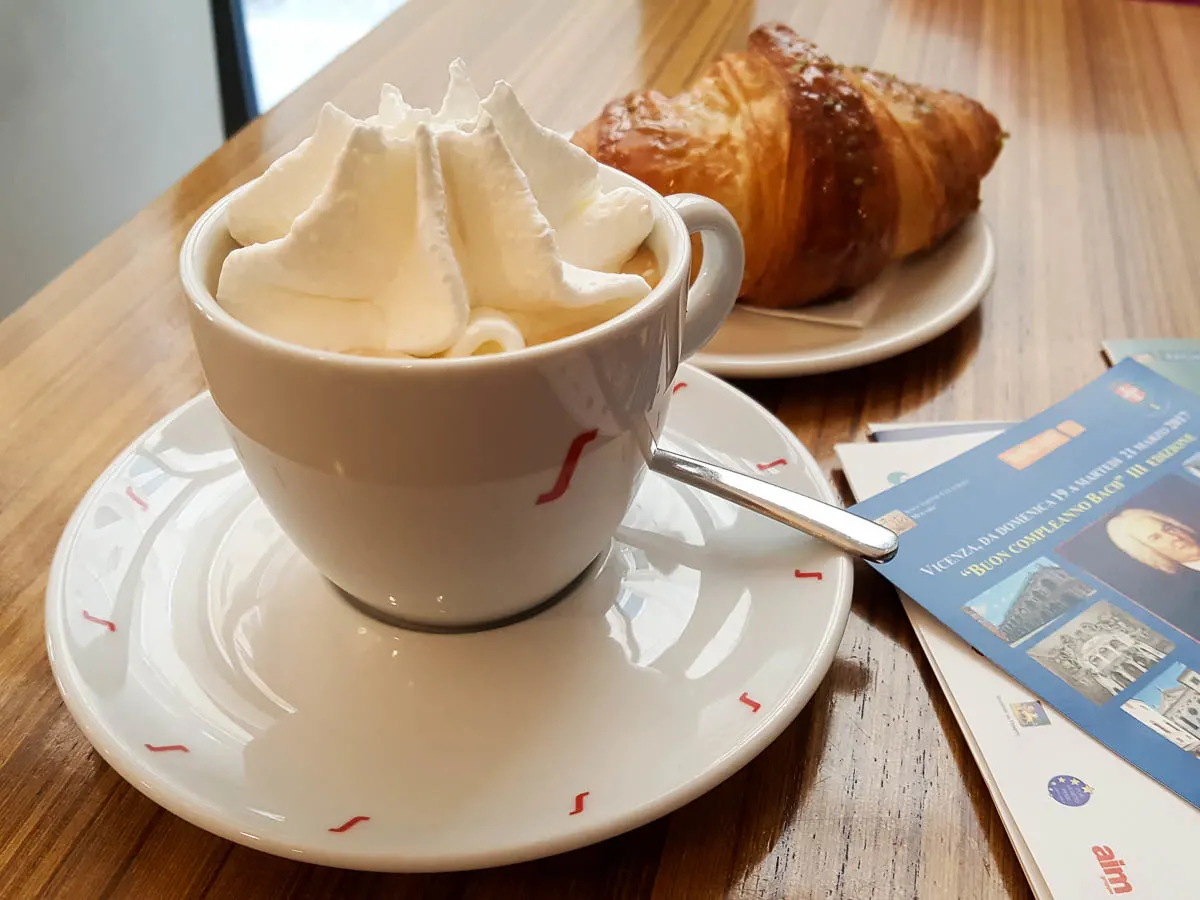
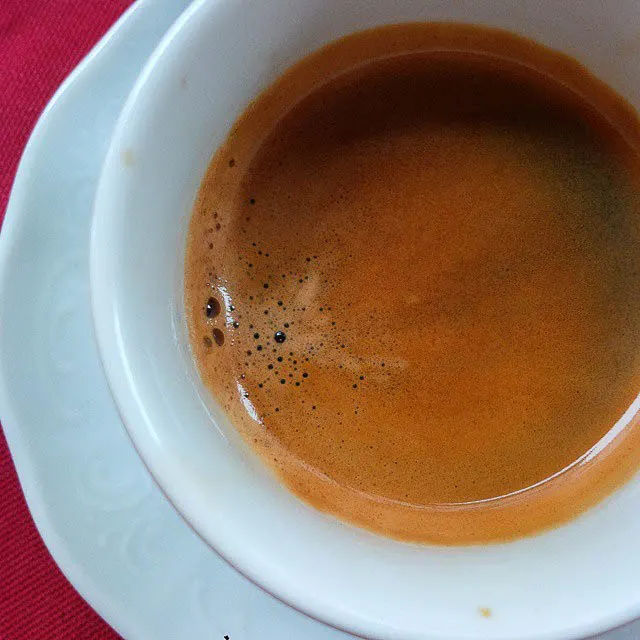
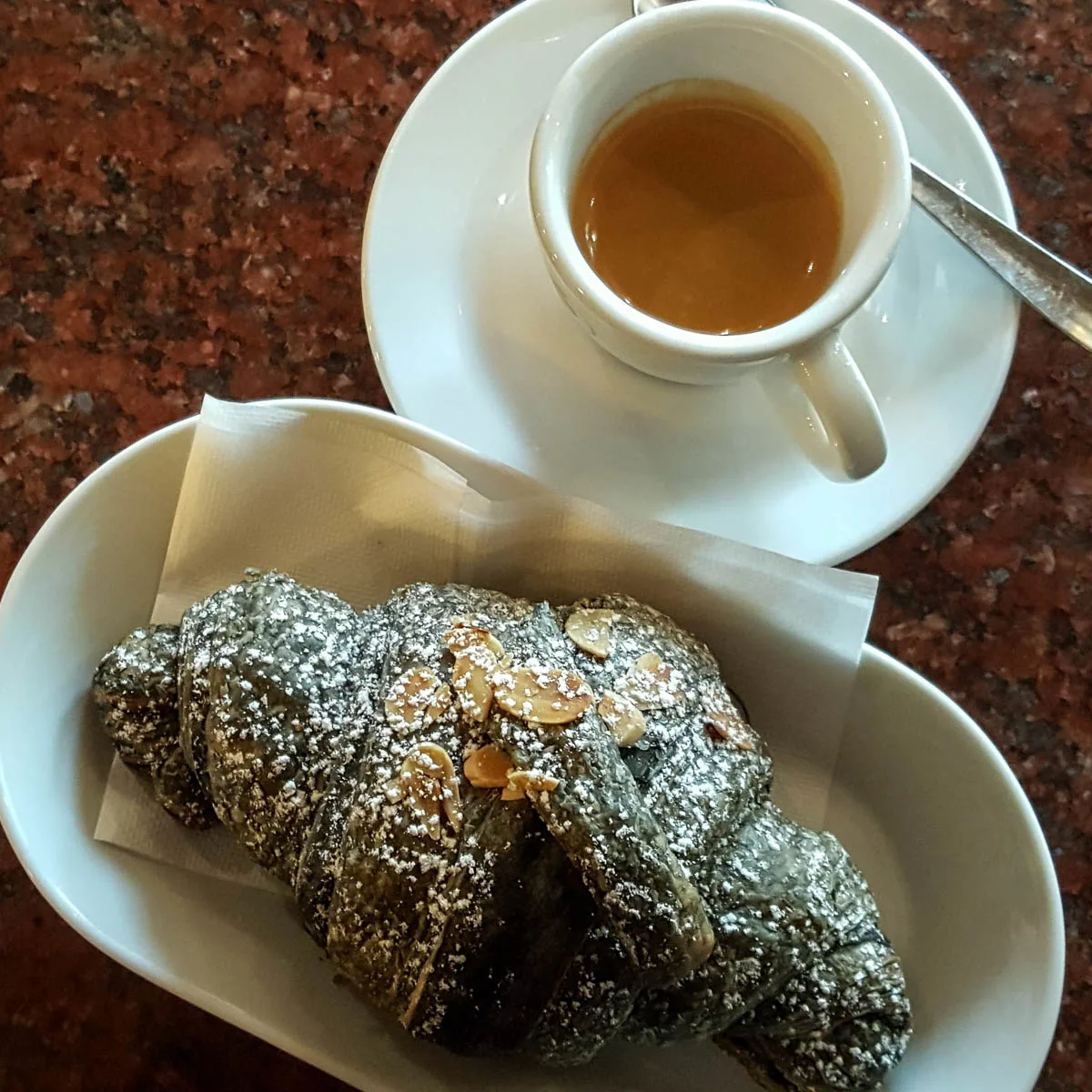
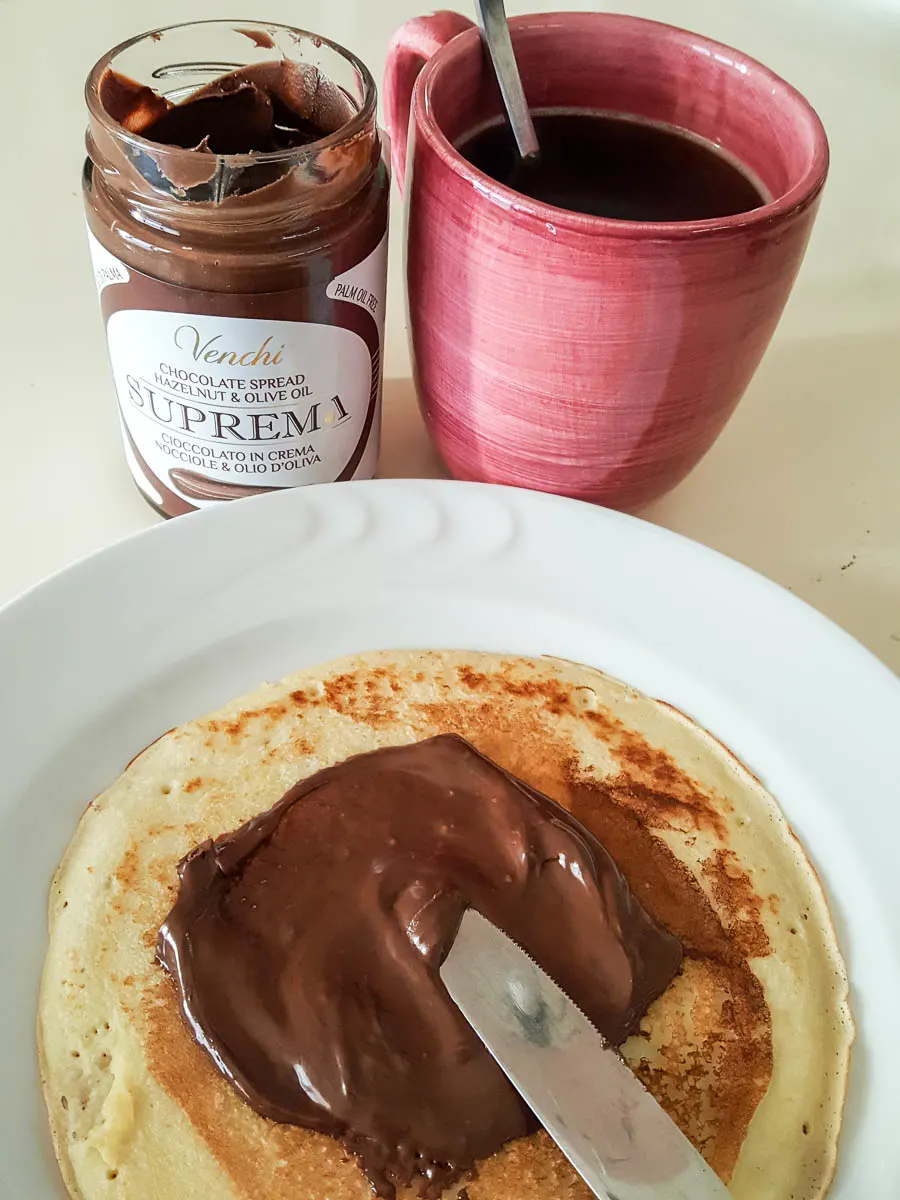
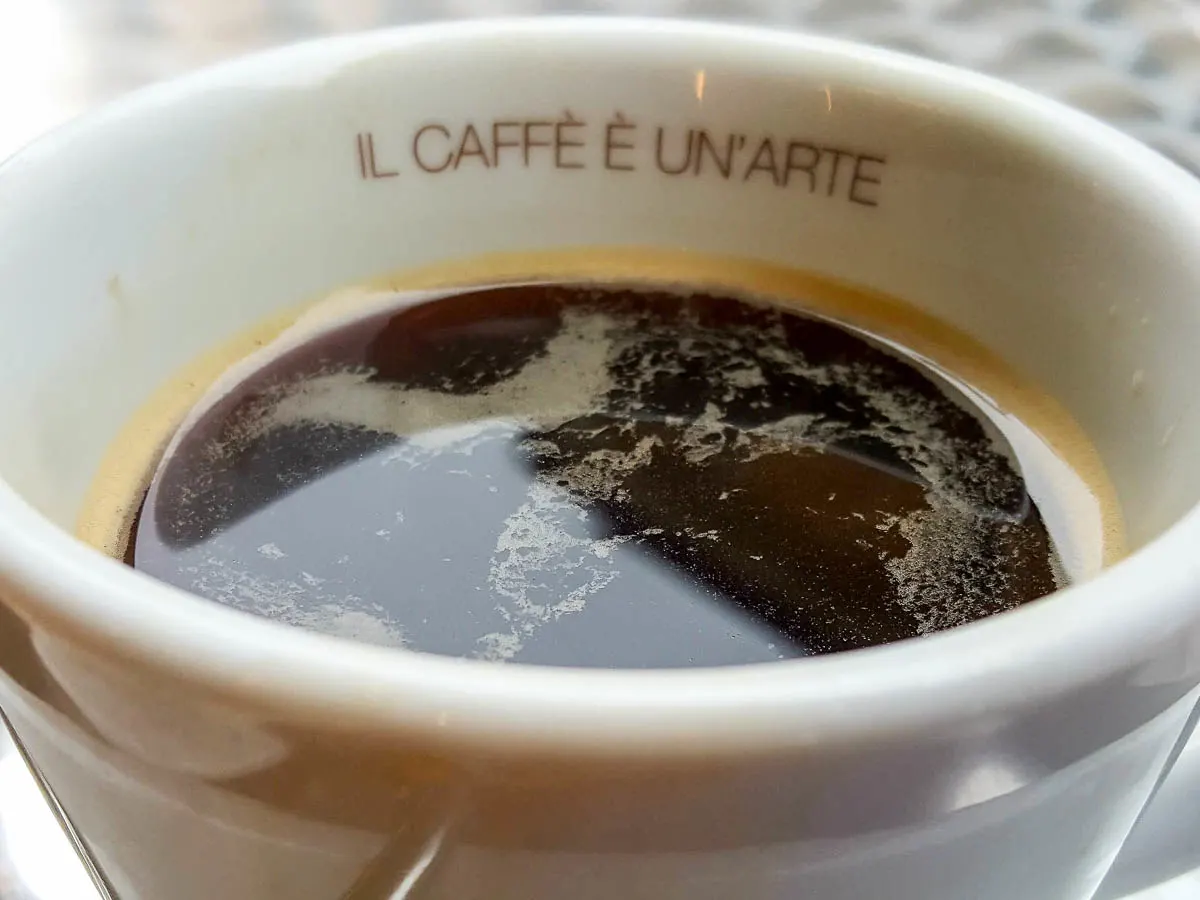
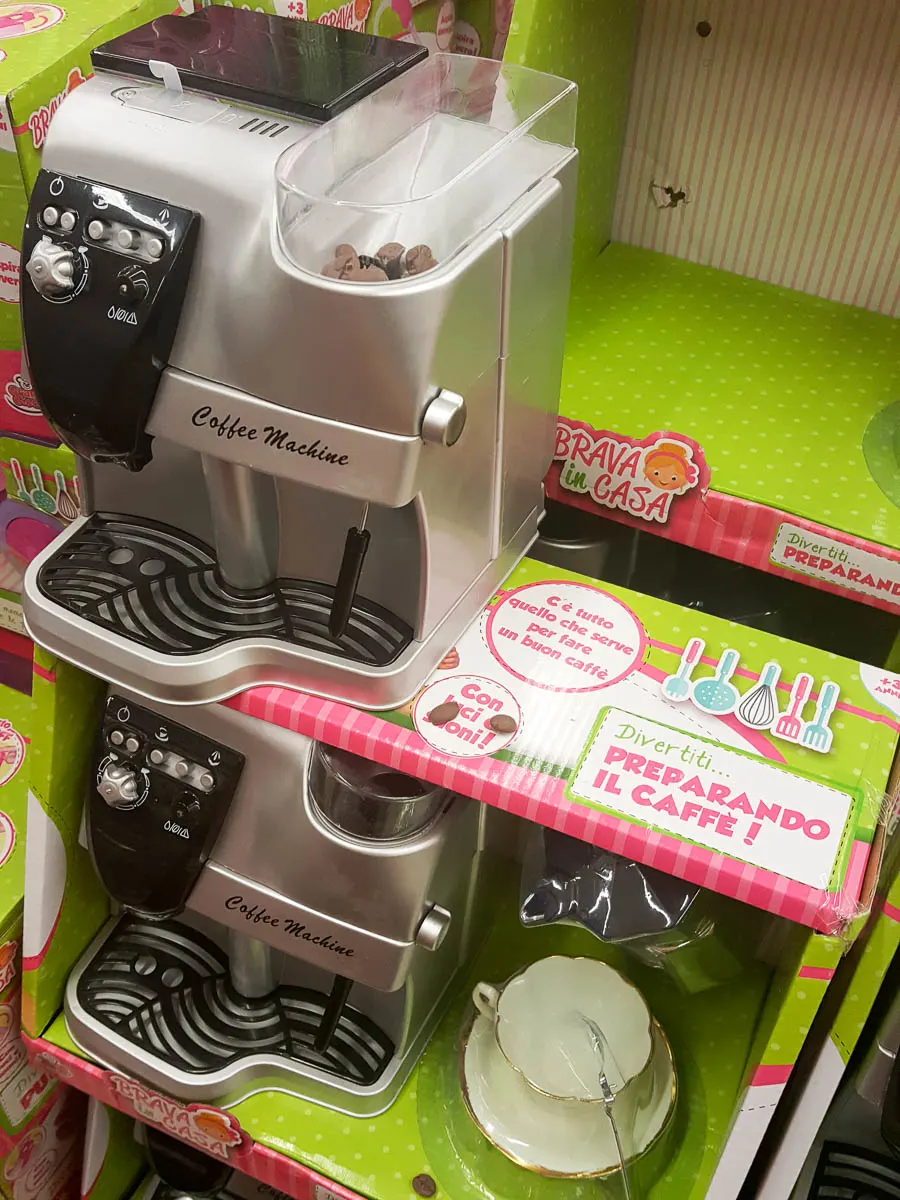
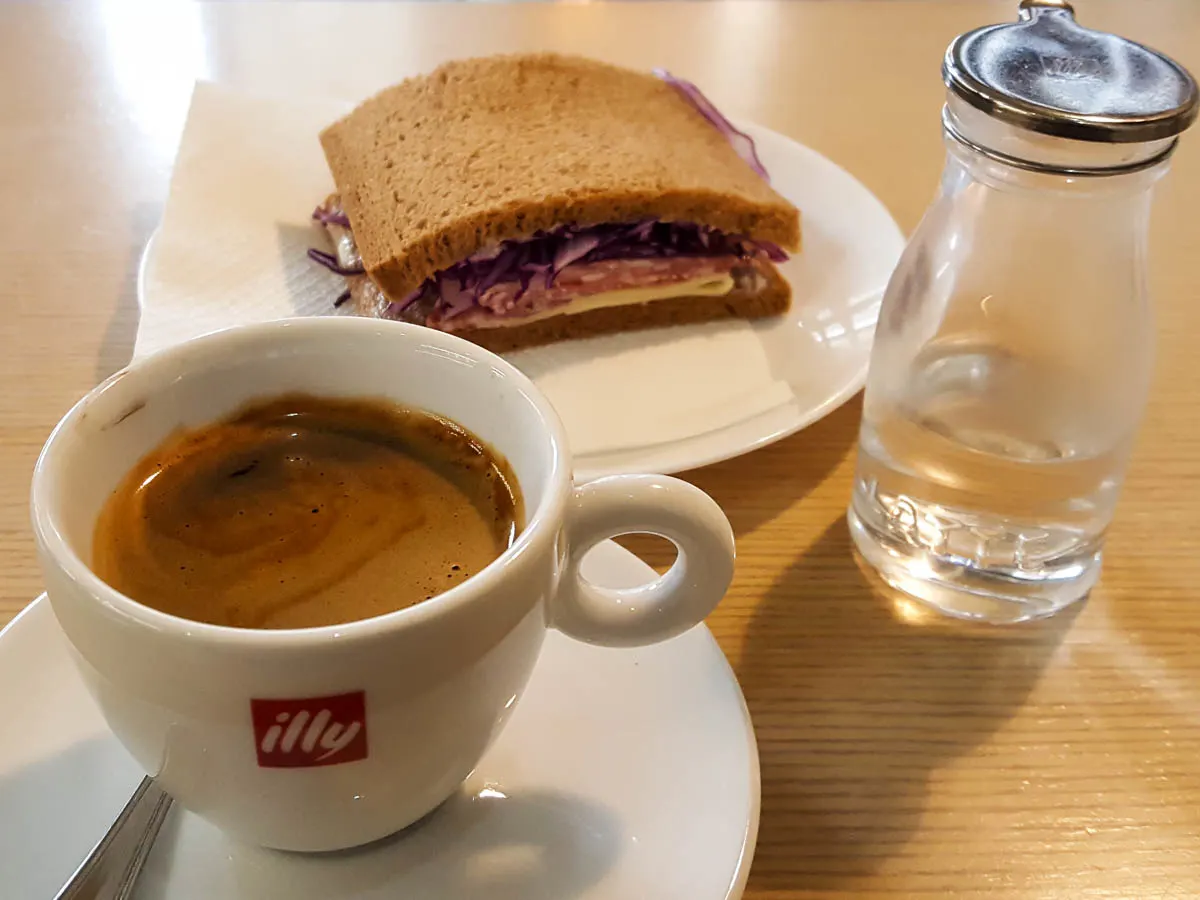
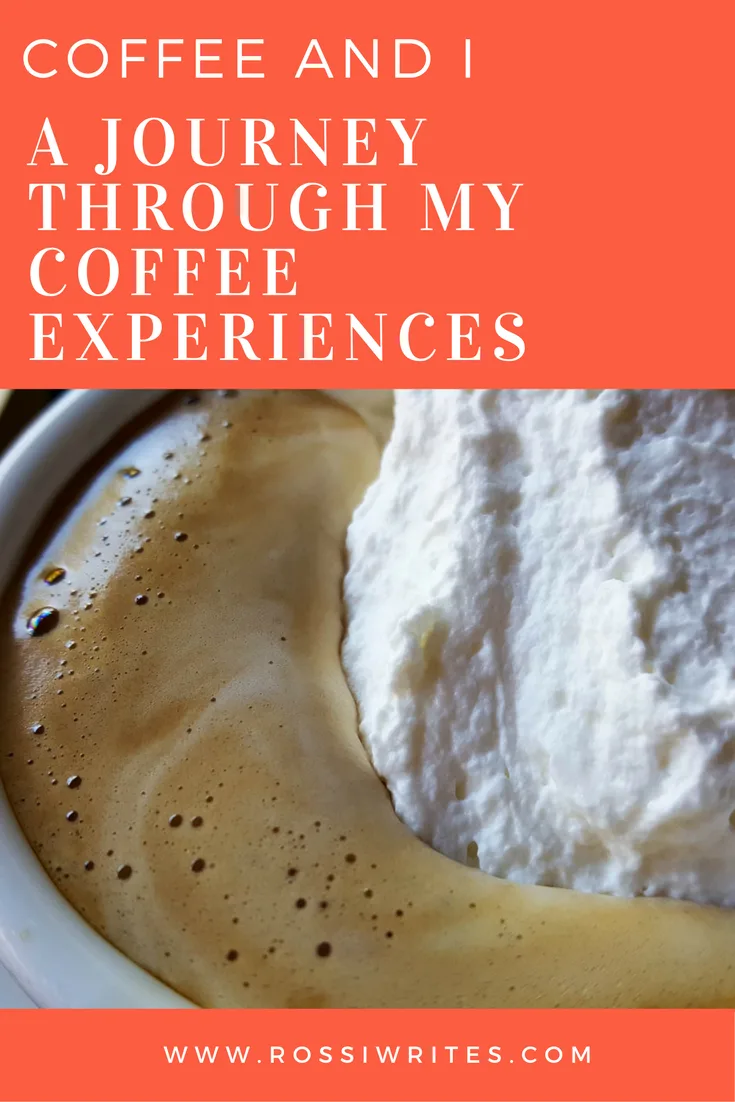
Stuart Forster
Sunday 27th of August 2017
I love that you take time to enjoy a coffee and observe people while travelling. That's one of the joys of being out on the road.
fkasara
Monday 3rd of April 2017
As for stopping the instant stuff, have you considered buying the classic moka? As an Italian, moka, for me, is still the best method to brew coffee at home. I always recommend Brikka by Bialetti, which is a moka with some sort of "pressure system", that allows you to have a coffee, which is very similar to the one they serve in bars. Creamy and strong. I love it.
As for the multinational coffee chains, like the one they are going to open in Piazza Duomo in Milan, they will probably be very successful among tourists and young Italian people (always very attracted to all things American); as for the other categories of Italians, I doubt they will stop drinking espresso for that...stuff. I'm a coffee-nazi myself and I won't abandon my beloved espresso!
Just wanted to add that I'm very happy I found a blog in English of a fellow Vicentina! I love how you write and your perspective.
Ciao, Sara
Rossi
Monday 3rd of April 2017
Hi Sara, Thank you for stopping by and for your very kind words. I have a moka (my husband got it for me for our anniversary), but I rarely use it. We have given it the code name 'special coffee' and usually on weekends my husband would brew us some 'special coffee', as I am too, how to say this diplomatically, 'lazy' to bother with the process. :) Instant coffee is such an instant gratification for me, but I am working hard on stopping it. I think the easiest way to do it would be not to buy another jar once the current one is finished.
By the way, I am not really a 'vicentina' as such, just an observer of Vicenza. :) I am Bulgarian and my Italian is still quite basic, sorry about this. I need to delve into your blog deeper these days.
Best wishes, Rossi